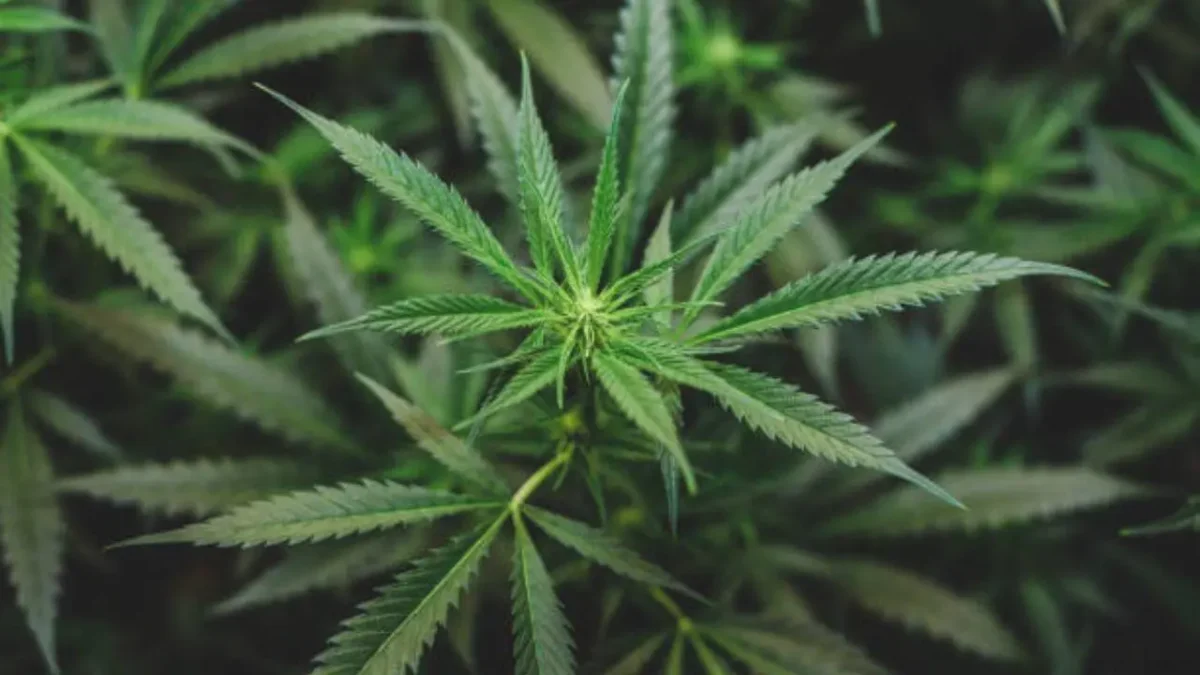Nebraska Bill Proposes 30% Tax on Hemp and CBD Sales to Offset Property Taxes
Lincoln, Nebraska – In a strategic move to address the state’s property tax issues, Nebraska lawmakers have introduced a bill proposing a 30% tax on the sales of hemp and CBD products. The legislation, which is gaining momentum in the state legislature, aims to generate revenue to alleviate the property tax burden for residents.
Bill Overview
The proposed legislation, designated LB 1234, seeks to impose a substantial tax on the retail sales of hemp-derived products, including CBD oils, edibles, and other consumables. Supporters of the bill contend that the revenue generated from this tax could provide essential financial relief for property owners throughout Nebraska.
State Senator Jane Smith, the primary sponsor of the bill, highlighted the importance of innovative solutions to the state’s property tax dilemma. “This bill offers a way to tap into the expanding hemp and CBD market while addressing the critical issue of property taxes,” Smith explained. “By taxing these products, we can create a new revenue stream that benefits all Nebraskans.”
Economic Impact
The hemp and CBD industry has seen remarkable growth in recent years, driven by rising consumer demand. Nebraska’s agricultural sector stands to gain from this trend, as local farmers might expand operations to include hemp cultivation. The proposed tax could encourage more farmers to enter the market, potentially boosting the state’s economy.
According to a recent report from the Nebraska Department of Agriculture, the hemp industry has the potential to generate substantial revenue for the state. By implementing a tax on these sales, lawmakers hope to harness this economic potential to support essential services and reduce the financial strain on property owners.
Opposition and Concerns
Despite gaining support from various stakeholders, the bill has faced criticism from some industry advocates who argue that a 30% tax could hinder growth in the hemp and CBD sector. “Excessive taxes may drive consumers to seek cheaper alternatives from unregulated sources, which could undermine the legitimate market,” cautioned Tom Johnson, a local hemp farmer and business owner.
Opponents also express concern that a steep tax on hemp and CBD products could disproportionately impact low-income consumers who rely on these products for health and wellness purposes.
Next Steps
The Nebraska legislature is scheduled to hold hearings on LB 1234 in the coming weeks, providing an opportunity for stakeholders to voice their opinions on the proposed tax. If passed, the bill could introduce a new revenue source that addresses property tax concerns while supporting Nebraska’s burgeoning hemp industry.
Conclusion
As Nebraska legislators weigh the implications of a 30% tax on hemp and CBD sales, the proposed legislation represents a potential balance between economic growth and property tax relief. With both strong support and significant opposition, the outcome of this bill could have a profound impact on the state’s agricultural sector and the financial well-being of its residents.



